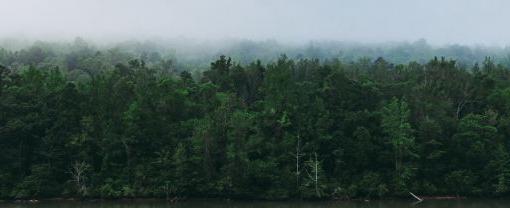
新闻稿
Wood maps out a sustainable future for paper and textile production
Global demand for a reduction in plastic use is driving people and businesses to look for alternative fabrics in sustainable, 无塑料衣物和卫生用品.
Lenzing’s lyocell process comprises a state-of-the-art method for producing fibres from wood. Focused on the needs of people around the world, these fibres are used in everyday fabrics including clothing and non-woven applications such as wipes.
Wood is partnering with Lenzing to deliver engineering, procurement and construction management services for an expanded lyocell fibre production facility in 泰国Prachinburi and was selected as engineering partner based on experience, manpower in the region and a strong reputation for the successful delivery of large-scale capital projects.
该设施, located in Prachinburi approximately 在曼谷以东150公里处, will be the largest lyocell plant in the world with a production capacity of 100,每年000吨. By investing €400 million in developing the first production line at the facility, which includes associated infrastructure and site development, Lenzing aim to meet the strong demand for lyocell fibres globally and leverage the growth potential in the Asian market for speciality fibre production.

一个超过4人的团队,000人来自兰精, Wood and other partners are working on site in Prachinburi, 融入当地社区, bringing economic growth to the area and bolstering job opportunities and local supply chain. On completion of the project, a workforce of 300 local people will run the plant.
为未来而合作
The project marks the beginning of a strong partnership with the Lenzing Group powered by shared responsibility and ambition to create innovative solutions that will deliver a greener and more resilient world. Wood and Lenzing celebrate individual backgrounds, experiences and expertise.
Being selected to lead a project of this scale and complexity is testament to the outstanding technical capability Wood has in Asia Pacific, and a strong understanding of the local market environment in 泰国land where Wood has been operating for over 50 years.
追求卓越的运营, Wood invests the right amount of time and effort in the early stages of a project to complete the necessary set-up and planning activities to be best in class for project delivery and disciplined execution.
Sustainable strategy, processes, and circular economy
Lyocell fibres are made from natural wood and processed with unique resource-conserving technologies.
The biorefinery concept ensures that 100% of wood components are used to produce pulp for fibres, 生物炼制产品, 和生物能源, 从而尽可能保持二氧化碳中性.
Lenzing's fibres and technology use pre- and post-consumer cotton waste and wood from sustainably managed forests as raw material. 棉质材料被回收制成纸浆, which is blended with wood pulp to produce a high quality fibre.
Lenzing contributes to the Sustainable Development Goal (SDG) 12, 等, the United Nation’s Responsible Consumption and Production, an assurance to sustainable consumption and production patterns.
工厂建成后, the first fibres are expected to be produced on site in by the end of 2021.